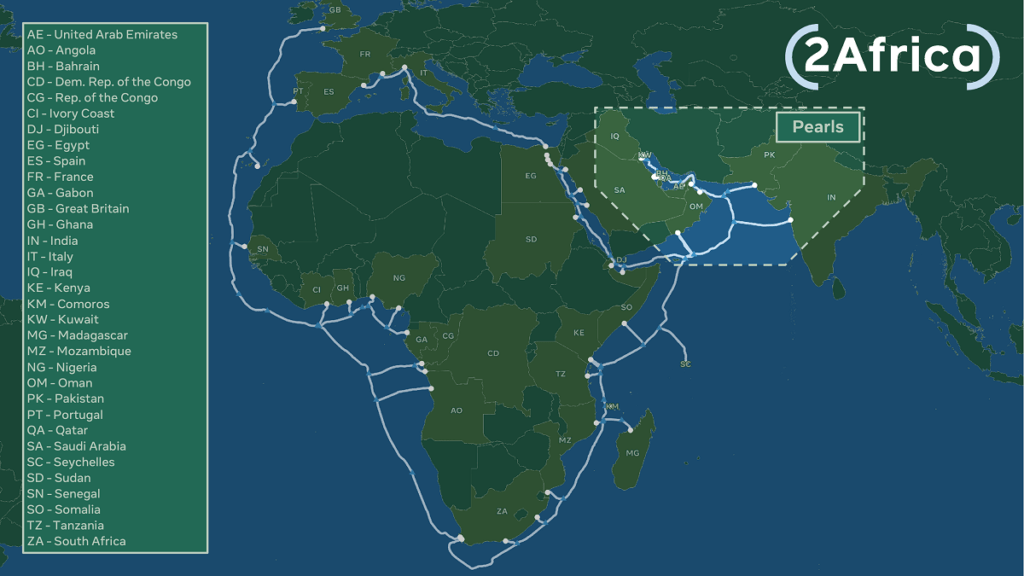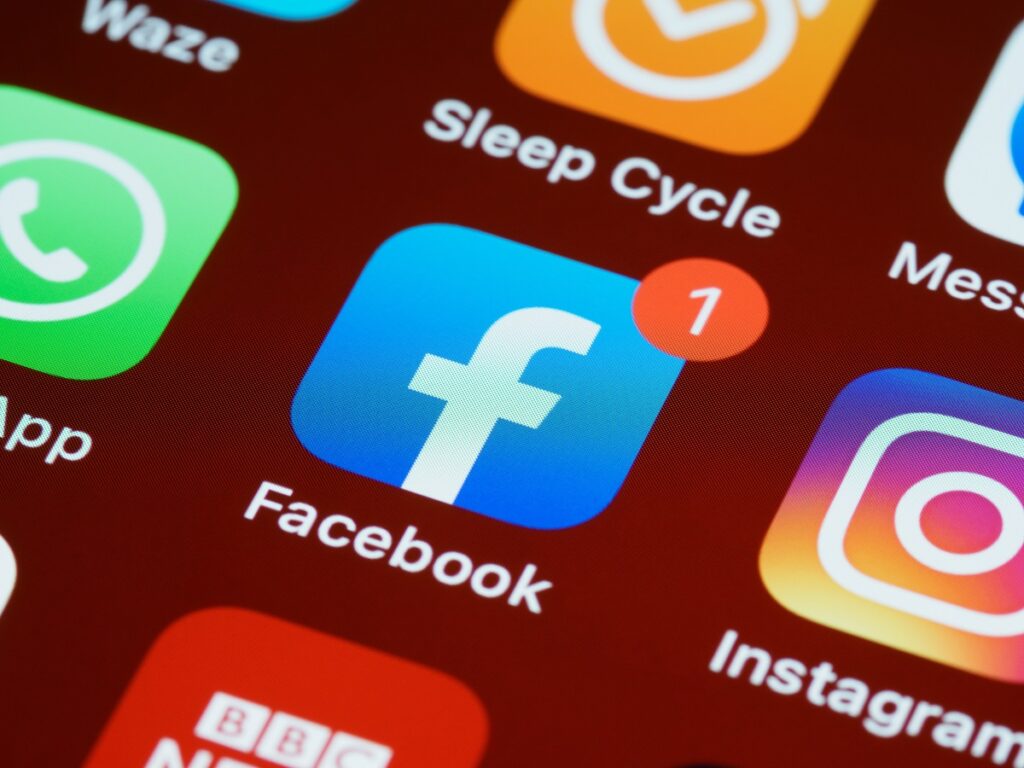Facebook held a virtual Inside The Lab event last week where the company’s development teams introduced a number of innovative technologies and upgrades to existing technologies that will significantly improve network deployment processes around the world.
Facebook’s R&D center in Israel is currently leading some of the company’s most notable connectivity initiatives and developments as part of Facebook Connectivity, a project launched in 2013 to accelerate Internet connections worldwide and bring more people online, particularly those who either don’t have it or have trouble accessing it.

At the event, developers spoke about one of those initiatives, Express Wi-Fi, a unique management platform that partners with mobile network operators and Internet service providers to help them better provide fast, affordable, reliable, and scalable Internet access. Through this program, service providers partner with local communities and local entrepreneurs to extend Wi-Fi coverage. Facebook helps by providing a comprehensive Wi-Fi platform that partners can leverage to better manage and grow their Wi-Fi offering.
“The Internet is an integral part of our day-to-day lives, network connectivity technologies are not keeping up with the demand. The result is that approximately half of the world’s population is left behind, without Internet access or is unable to connect at all. In order for billions of people to be able to access the Internet, various actions must be taken simultaneously, and we must also promote technological advancements to provide everyone with fast, affordable, and high-quality Internet access, “Limor Zellermayer, engineering manager at Facebook in Israel and product manager at Express Wifi, said.
“Our work in Israel focuses on improving the availability of fast and affordable Internet access in emerging markets. It is a challenging and meaningful task, which lays the foundation for a more connected world, and assures that everyone will be able to take advantage of the economic, educational, and social opportunities provided by the Internet,” she added.
Connecting by land, sea, and air
Meanwhile, Facebook continues to help more than 300 million people connect to the Internet, through innovative and existing technologies by land, sea, and air, that aim to significantly improve network deployment processes around the world.
The company continues to take part in projects involving subsea cables as part of a continued effort to build infrastructure that carries Internet traffic and helps bring more people online to a faster Internet. The company recently announced its 2Africa Pearls venture, an underwater cable system that will connect Africa, Europe, and Asia. The company said this extension will bring the total length of the 2Africa cable system to more than 45,000 kilometers, making it the longest subsea cable system ever deployed.

The company’s studies suggest that Facebook’s submarine cable is expected to contribute more than $422 billion to Pacific Asia GDP between 2021 and 2025, as well as generate 3.7 million new employment opportunities in the region.
Facebook developers also talked about Terragraph, innovative wireless technology that provides high-speed Internet at fiber speed, without the fiber, and over the air.
“We don’t operate or deploy networks, so we work with the ecosystem, especially with service providers, system integrators, and equipment manufacturers, to effectively bring Terragraph to market across the world,” said Praveen Sampath, a product marketing manager for Terragraph at Facebook.
The technology will be deployed in Perth, Australia — considered one of the most isolated cities in the world and was recently launched in Alaska. Terragraph will be deployed to 6,500 locations in Alaska by the end of this year, and Alaska Communications plans to offer it more broadly soon. In the next few years, Alaska Communications plans to bring this service to additional Anchorage neighborhoods, as well as to Fairbanks, Juneau, and the Kenai Peninsula.
Sign up for our free weekly newsletter
SubscribeFacebook’s newest technologies include Bombyx, a robot developed by the company last year that runs along existing power lines and wraps them in a fiber cable in half the time and cost it takes to deploy fiber optics cables over telephone wires. The company has introduced an upgraded version of the robot which is lighter, faster, and more flexible. Facebook developers say it is expected to significantly streamline fiber deployment processes around the world.
Scandal and technical difficulties
The Facebook event took place during a difficult and uncomfortable week for the social media giant. On Monday, October 4, Facebook, Instagram, and What’sApp messenger service experienced an hours-long global outage that showcased how dependent billions had become on the communications platform.
Facebook’s last significant outage was in 2019 when a technical error affected its sites for 24 hours.
Facebook apologized, and Santosh Janardhan, VP of Engineering and Infrastructure put out a statement on the Engineering Facebook page.

“Our engineering teams have learned that configuration changes on the backbone routers that coordinate network traffic between our data centers caused issues that interrupted this communication. This disruption to network traffic had a cascading effect on the way our data centers communicate, bringing our services to a halt,” he wrote.
“To all the people and businesses around the world who depend on us, we are sorry for the inconvenience caused by today’s outage across our platforms. We’ve been working as hard as we can to restore access, and our systems are now back up and running. The underlying cause of this outage also impacted many of the internal tools and systems we use in our day-to-day operations, complicating our attempts to quickly diagnose and resolve the problem.”
That wasn’t the only issue. While Facebook had not previously commented on a Wall Street Journal series that showcased internal documents allegedly highlighting wrongful practices, on Monday the alleged whistleblower who had leaked the documents revealed herself on 60 Minutes in an interview where she discussed her time with Facebook and where she said that she saw “conflicts of interest between what was good for the public and what was good for Facebook.”
Frances Haugen, a former Facebook product manager, also testified to Congress the next day.
Facebook CEO Mark Zuckerberg has refuted the claims in a Facebook post and claimed many of them “don’t make sense” but later said “if we [Facebook] keep trying to do what’s right and delivering experiences that improve people’s lives, it will be better for our community and our business.”
Related posts

Editors’ & Readers’ Choice: 10 Favorite NoCamels Articles

Forward Facing: What Does The Future Hold For Israeli High-Tech?

Impact Innovation: Israeli Startups That Could Shape Our Future




Facebook comments